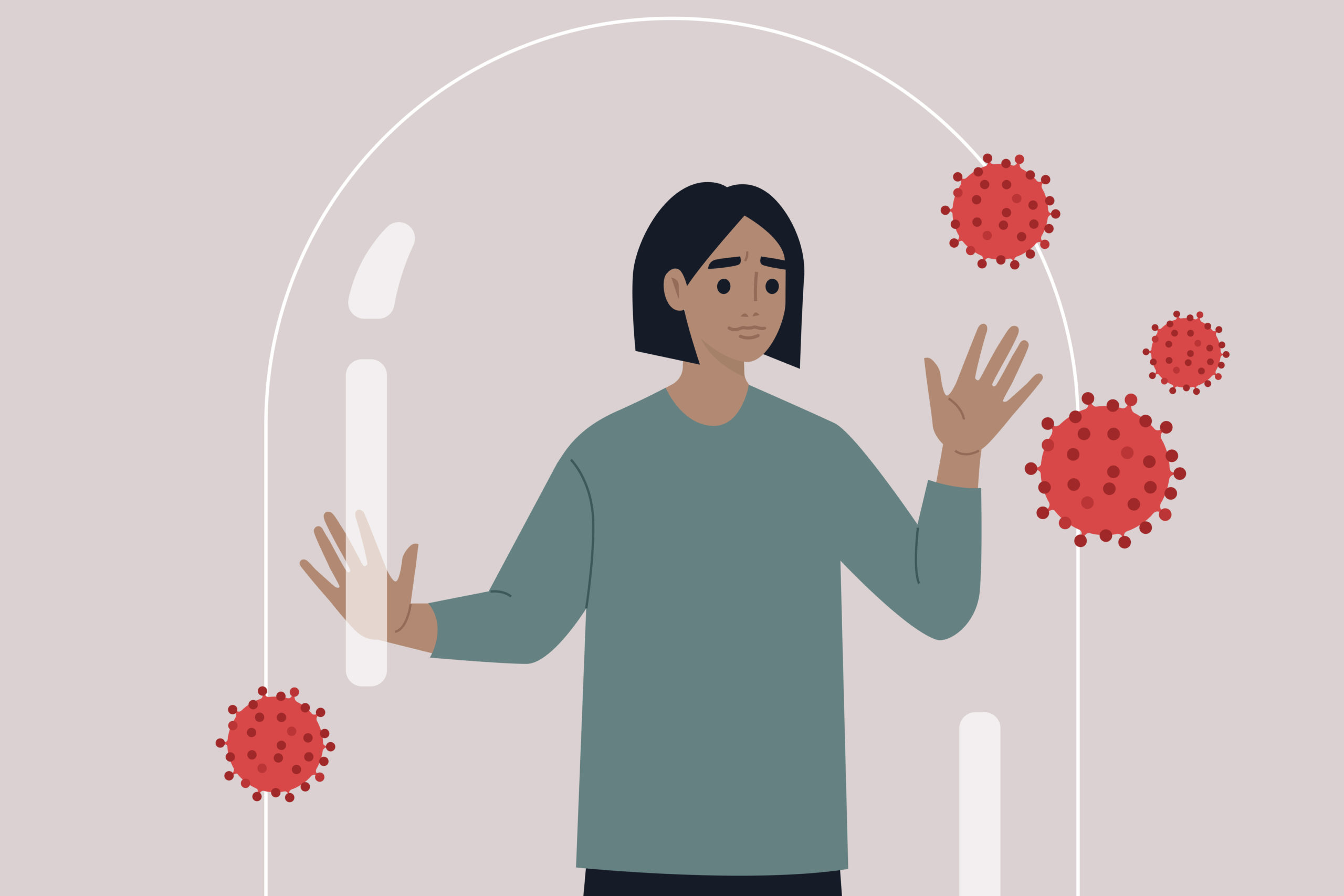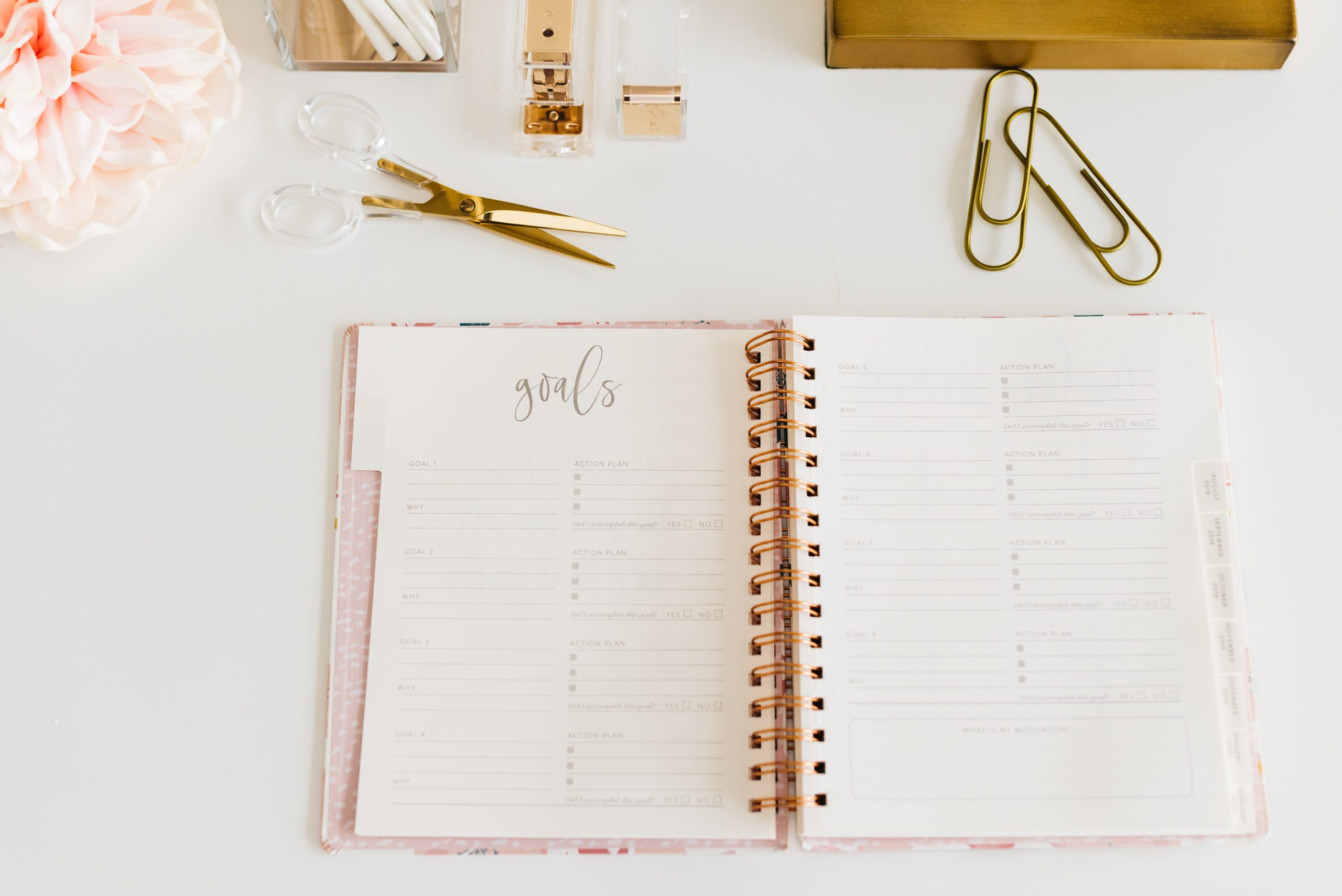As part of Creativity and Wellbeing Week 2017, a festival led by London Arts in Health Forum, people over the age of 55 are being encouraged to join local choirs, take part in mass sing-a-longs and feel the health benefits of group singing.
If you find yourself singing as you’re pottering around the house, in the shower or catching up on the latest Britain’s Got Talent, you might think ‘Why do I need to join a choir?’
When you sing in a group, you get added benefits from the social side of it. Not only does singing encourage enhanced cognition, communication, wellbeing, and alleviate respiratory conditions; group singing helps tackle loneliness, social isolation and facilitates social bonding.
Loneliness is quickly becoming a known health risk – Age UK report that it increases the likelihood of mortality by 26% and is worse for us than other risk factors including obesity and physical inactivity.
With research showing that social participation in older age is considered marginally better for your health than giving up smoking, joining a choir enables you to feel the advantage of both the physical activity of singing and the social activity of being in a choir. Weekly group singing can become part of your healthy lifestyle routine whilst being a fun activity to do.
Another added health benefit is related to how singing improves memory, which implicates it in the possible prevention of illnesses including dementia (currently the leading cause of death for women, according to the latest data from the Office for National Statistics).
This is just one example showcased in this year’s Creativity and Wellbeing Week of how arts venues can support you in healthy ageing. Many arts venues run participatory programmes to help improve the wellbeing of their local community, so get in touch with your local arts centre and see what they have available.
Director of LAHF, Damian Hebron says,
“Although the arts can be used to respond to specific healthcare needs, for instance using the arts to rehabilitate people who have had a stroke, we’re also seeing tangible health benefits of visiting museums and libraries, singing with a choir, reading aloud and regularly exercising creativity. I hope Creativity and Wellbeing Week enables people to take an active role in protecting their health and the health of their families, and that relationships strengthen between arts practitioners and healthcare professionals to make full use of what the arts have to offer.”
The full festival programme for Creativity and Wellbeing Week: www.creativityandwellbeing.org.uk





